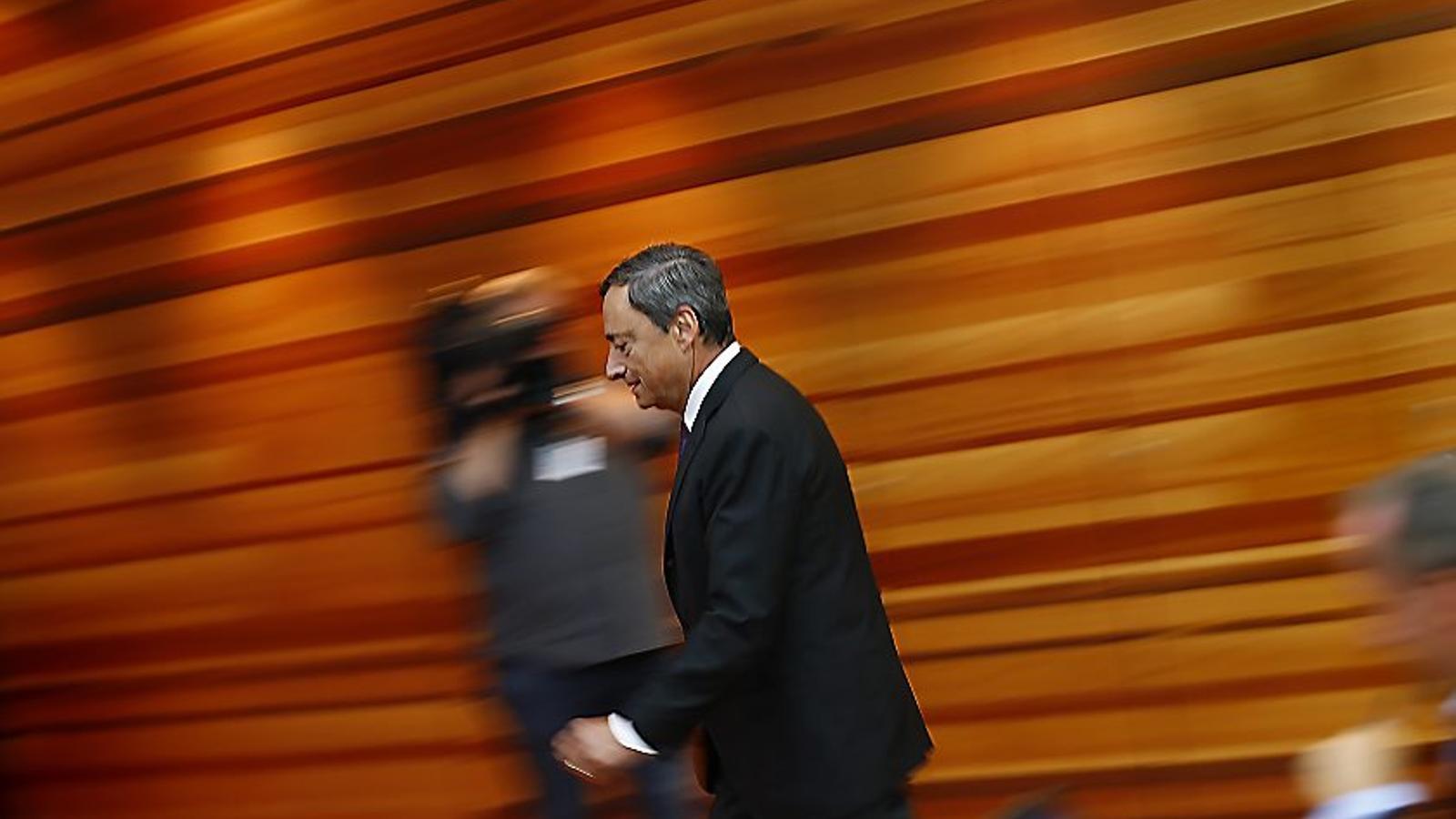

"We will only overcome the division in Europe if the will for change receives broad democratic support. The decisions we face are too important to be resolved with technocratic solutions."
The Draghi report on the future of European competitiveness is a good document, and the author's presentation to the European Parliament—from which the quote at the beginning of this article is taken—is highly recommended reading. However, it is still just another report on the European economy's decline relative to the American and Chinese economies.
Any ambitious goal requires significant sacrifices, and Draghi rules that Member State leaders should cede powers to the Union.
- A larger share of public investment in R&D should be carried out by the EU, and less by the Member States. Currently, the ratio is 10/90. In the case of defense, all of it should be carried out jointly.
- There would be a genuine "foreign economic policy" to reach agreements with countries that produce raw materials.
- Military equipment purchases should be joint, standardized, and interoperable so that a European industry can develop, capable of reducing the burden of foreign suppliers, who currently provide 80% of the total.
- A single capital market should be created so that private savings can be channeled into European projects.
- Major strategic projects of common interest should be financed with common debt.
None of this is new or surprising. The United States has a much more dynamic economy than Europe's (meaning that productivity per hour worked is growing much more rapidly), but not because its citizens are more entrepreneurial, nor because they invest more (not even in R&D), nor because they spend much more on defense. Fundamentally, their advantage is that they are a unified state that acts as such, rather than a group of states each with its own priorities.
Draghi, for his part, spoke when the annual defense investment commitment by NATO member countries stood at 2% of GDP; now it is, de facto, 3.5%. The difference is huge and inevitably demands sacrifices from citizens in terms of public services.
Draghi knows that his proposals won't be implemented unless they have "broad democratic support," that is, unless the people demand it. But is it reasonable to expect such a thing?
Draghi appeals to public sentiment, predicting that, in the long run, "we will return less prosperous, less equal, less secure, and, as a result, less free to choose our destiny." I can't imagine a popular demonstration mobilized by these arguments. Nor, therefore, can I imagine many politicians proposing it in their electoral manifestos or bringing it to the relevant Parliament in the form of bills.
Can we imagine circumstances in which these changes would be acceptable?
Let's imagine that Russia is only willing to accept a peace with Ukraine in which it cedes territories but receives no real guarantees protecting it from future aggression. Why should it accept this if it believes all of Ukraine should be part of Russia and if it is winning the war? Let's imagine that Israel continues to block the creation of a Palestinian state based on settlements in the West Bank and hinders civilized life in Gaza. Why should it stop doing so if its public opinion believes all of the territories should be part of Israel and if it is winning?
Let's now imagine that a German leader becomes serious about both issues. I'm referring to the commitments that European Union member states have made: respect for the integrity of European countries in the face of external aggression, the creation of a Palestinian state (remember that the UN resolution that led to the creation of the State of Israel also included the creation of a Palestinian state), and the conditionality of the Settlement Agreement on human rights. Let's imagine that this German leader appeals to the German public, emphasizing that Germany—like the rest of the member states—is obliged to provide the means to achieve these goals.
Only in this case do I conceive that the European Union would implement something similar to what Draghi proposes. The reason is clear: sacrifices are not made based on reasoning, but on feelings. The problem is that it seems to me that this leader—who must be German—is a long way from taking this step.
